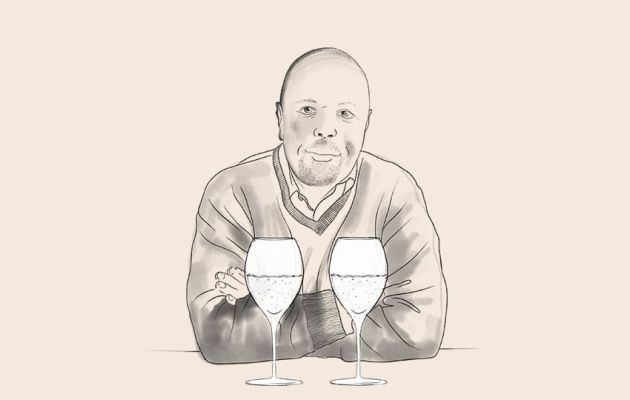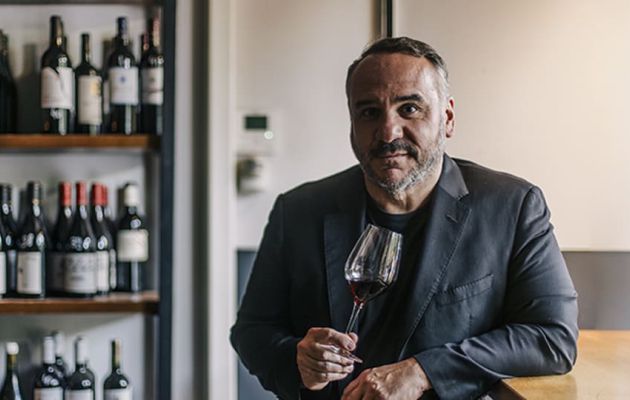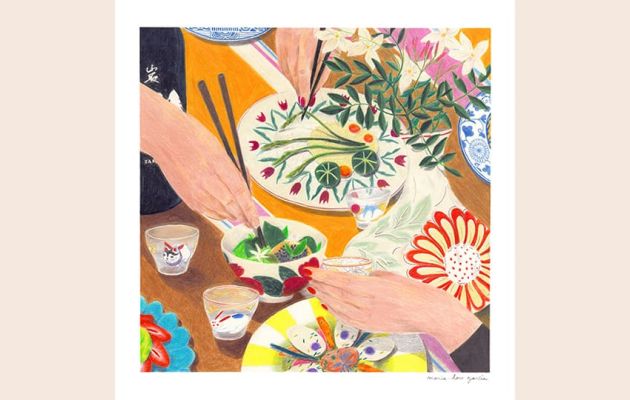[ PORTRAIT ]
France & The United States // Sommelier and author

_
Talk with Pascaline Lepeltier
"Wine’s great power is its emotional, transcendental, transcultural and transgender qualities."
Pascaline Lepeltier, the intrepid New York sommelier for nearly fifteen years now, is celebrating the first anniversary of her new restaurant Chambers. After captivating judges from around the world at the Best Sommelier of the World competition, she has taken the wine world by storm with her newly published book ‘Mille Vignes, penser le vin de demain’, the ultimate bible for deciphering wines and vines.
We delve deep into her passions and her commitment to a new way of tasting wine.


What is the mantra at Chambers, your brand new project in Manhattan where you are celebrating the first anniversary?
PASCALINE LEPELTIER
At Chambers, we set great store by cuisine made with fresh market produce which we pair with nearly 4,000 different wines. We hold very little stock and the idea is to suggest a new wine by the glass with each new dish. The backbone of a restaurant is to reconcile the living, the seasons and moods. People come and return because they want to be taken by surprise.

The backbone of a restaurant is to reconcile the living, the seasons and moods.
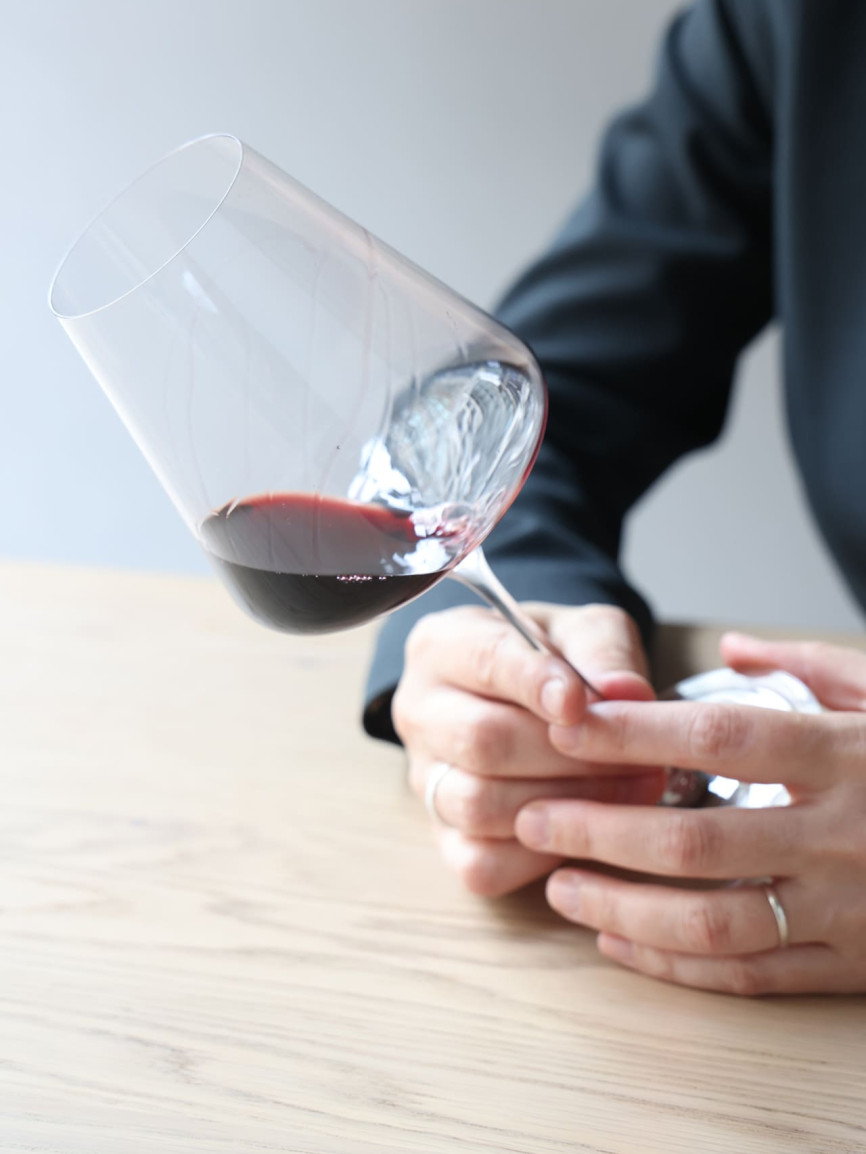

How is that surprise mirrored in the glass?
PASCALINE LEPELTIER
I am increasingly looking to work with sakes, fermented rice-based drinks, ciders and co-fermentations. But you have to understand that not everyone is totally prepared to try everything, even in New York, the city where everything is possible and every type of creativeness exists. Nothing is off-limits – that is our vision of hospitality and the one we try and uphold through small producers, in order to decarbonise our consumption habits as much as possible. You can open up a gigantic world of flavours for New Yorkers who are a great audience for trying new things! This week, for example, I had fun introducing people to some absolute treasures – a Chenin skin-contact wine by Didier Chaffardon (Ed. a winegrower in Anjou, Coteaux de l’Aubance), and an ethereal Pinot noir by Raphaëlle Guyot (Ed. a female winegrower near Vézelay in Burgundy).

So, it’s all about focusing on organic, biodynamic and natural wines on the list?
PASCALINE LEPELTIER
The wineries featured on the wine list are those with the closest connection to living things and I tend to promote wines on a case-by-case basis. In every case, we try to understand the winery’s economics, its history and its approach to life. We support producers for their overall project, while at the same time taking into consideration the challenge of making wine today in an era of global warming. This doesn’t mean I don’t get excited by the great masters who perpetually strive towards embracing living things, like Domaine Chandon de Briailles which made a very strong emotional impression on me.
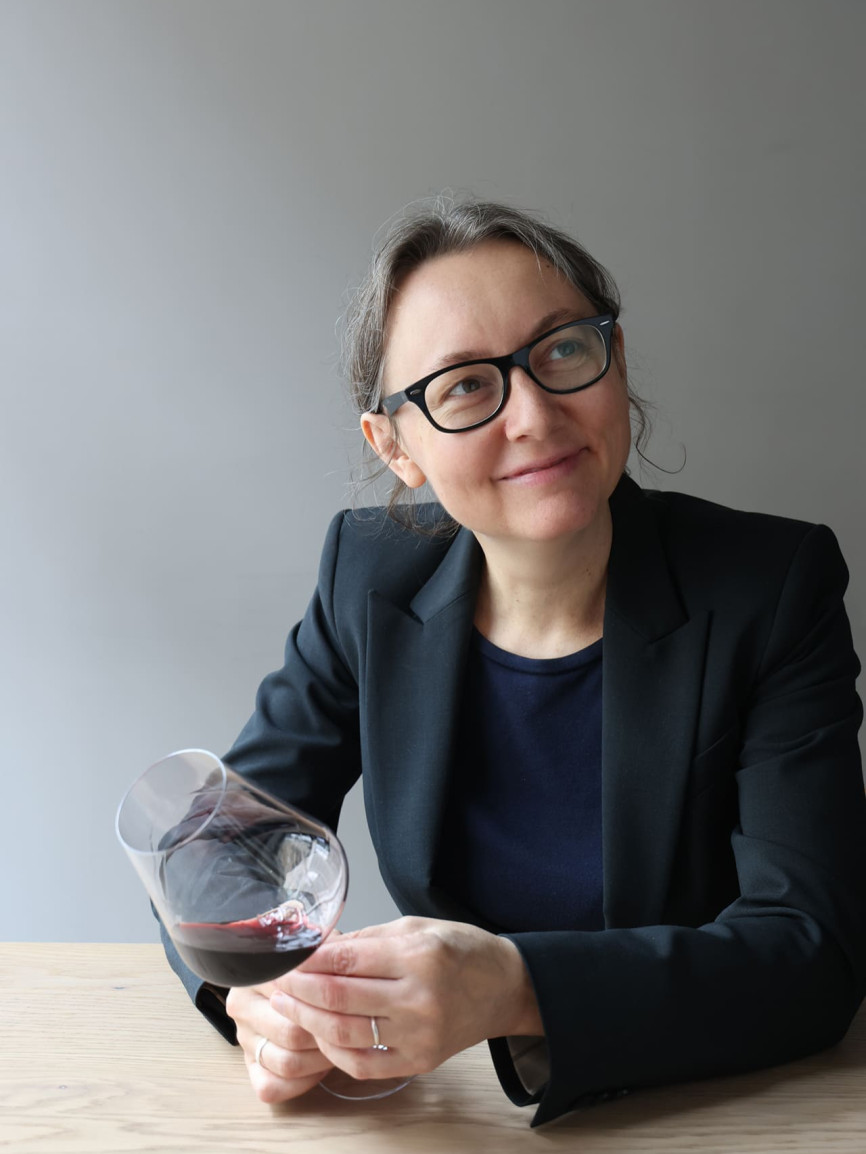

I have reached a point in my career where I feel I have a responsibility to educate people.

In your book, ‘Mille Vignes, penser le vin de demain’, there is the idea of introducing other types of wine tasting. Is this a topic for debate?
PASCALINE LEPELTIER
In our sphere of influence, you have to stay as factual and rational as possible and not give your opinion because it is worthless. The book helped me a lot to set out an expertise which previously people tried to curtail, or they tried to categorise me only for my natural and feminist values, whereas my work is about wine in general. So I aimed to make my contribution, with total intellectual integrity, and debunk many of the preconceived ideas about wine tasting. Usually people forget about the genealogy of wine tasting and who decides about the expertise. Interdisciplinary research by the historians and researchers Thibaut Boulay, Olivier Jacquet and Gabriel Lepousez (who advocates a new form of multi-sensory tasting) led me to say that behind the interpretation of quality there are historical aspects, people, stakes… You have to look at how it has changed over time. For example, many people have forgotten that the Greeks only tasted from a medical perspective, then tasting became a commercial and political issue. It is therefore essential to deconstruct all of this for the benefits of wine itself.

What other tasting models could be conceived?
PASCALINE LEPELTIER
Tasting alternatives are beginning to emerge. One example is geo-sensory tasting by Jacky Rigaux (Ed. an author specialising in wine tasting and terroir). Anything that is energising can be relevant as an introduction to discovering terroir. But, generally speaking, wine tasting should resemble one thing: are we able, as animal sapiens, to identify a living wine, and if it is good? That is the major challenge of tasting wine in the future.

Language has the power to influence the way you taste and so you have to constantly contribute to deciphering things.
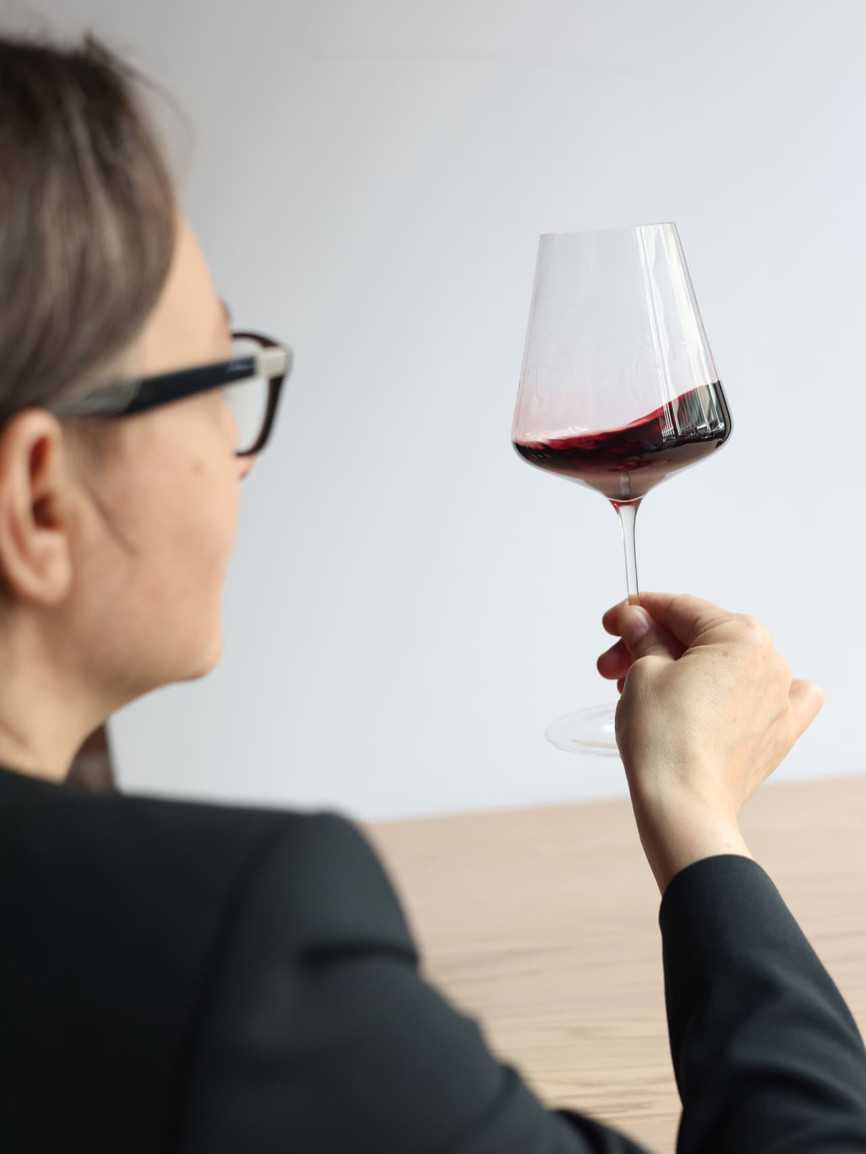

So is it about asserting the power of language in wine?
PASCALINE LEPELTIER
Wine’s great power is its emotional, transcendental, transcultural and transgender qualities. You have to create these tasting environments and new horizons, and most importantly, know how to express them and know how to get excited when you taste a stellar Champagne by Olivier Horiot or a Carignan by Alain Castex in Banyuls. Language has the power to influence the way you taste and so you have to constantly contribute to deciphering things.
Article - Élodie Louchez
After being editor-in-chief for the NRJ radio group, then for society and cultural programmes for France 3, France 5 and Pink TV with Michel Field, Elodie Louchez is now a journalist and author for discovery magazines and society documentaries, with a particular focus on ecofeminism. She is a member of the natural wine producers’ organisation and five years ago, with her partner Marie Carroget, she founded the first exhibition for female natural winegrowers in Nantes – Canons.
Prolong the experience
Discover the profiles of creative and influential personalities explaining their relationship with wine, the secrets of sommeliers or legendary establishments.
When you subscribe to the magazine, your email address is only used to send you our content newsletter. You can unsubscribe at any time by clicking the unsubscribe link included in each newsletter. To find out more about management of your data and your rights, click here .

